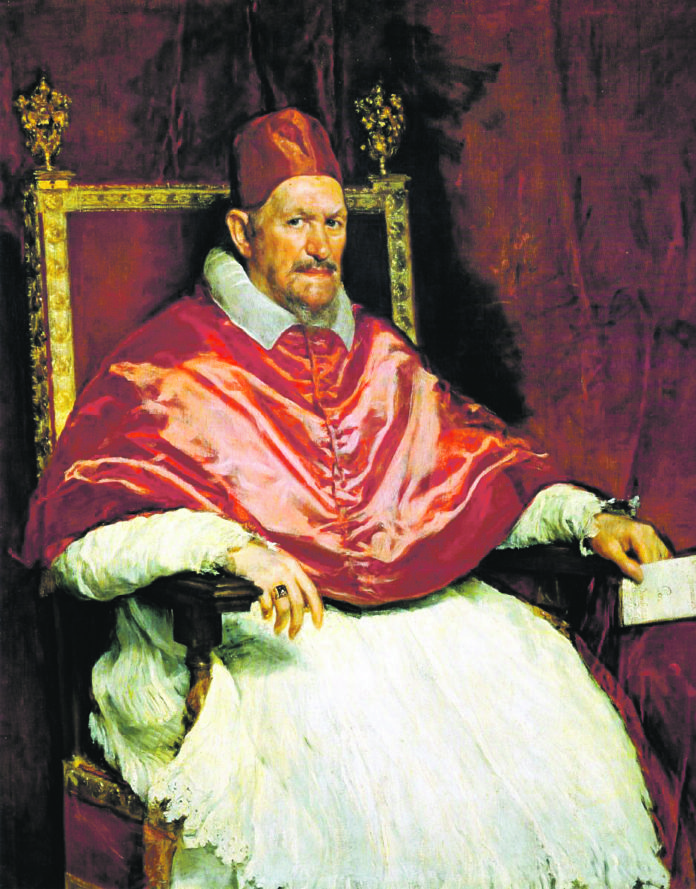
LIMERICK was a tough place to be for ardent Catholics and Quakers after the capitulation of the city following the Cromwellian Siege of 1651.
The notorious governor of the conquered city, Colonel Henry Ingoldsby, did everything possible to make their life a misery.
Franciscan priest Fr Conroy witnessed one Daniel Moloney’s ears being cut off by the public executioner for the crime of not denouncing a priest to the magistrates. Many other atrocities were so unspeakable that Fr Conroy could not mention them.
Quakers also suffered greatly under this Draconian regime. An army officer, William Ames, a convert to Quaker beliefs, while speaking to the people, was violently arrested and committed to prison and after a few weeks was hauled out and taken to the main guard.
Here Col. Ingoldsby “shamefully and cruelly beat him and caused him to be tied very hard to the neck and heels, and left in that position till the blood ran about him” (from the annals of J.R. Gough 1835).
Sarah Bennett, whose husband commanded a troop of horse, was, on the Governor’s orders, committed to jail for several weeks, without her Friends being allowed visit her or to bring her food or bedding. On release, she and another Friend were sent to Cork as vagrants, to be banished.
Undeterred by this persecution, such was the zeal of two Quakers, John Love and John Perrott, that they decided to make the arduous journey from Limerick to Rome to try and convert Pope Innocent X to their beliefs.
The pair got off to an encouraging start when reaching Liverns, in Italy, where Perrot wrote a treatise on the Jews. They were examined by officers of the Inquisition “to whom they gave such satisfactory replies as to obtain dismission.” From thence they proceeded to Venice where Perrot interviewed the Doge in his palace and presented him with books and an address.
Legend has it that Perrott, in a re-enactment of Christ’s triumphant entry to Jerusalem, also entered the Holy City astride an ass.
They reached Rome eventually in1658, and commenced preaching against the Romish Church. Not surprisingly they were arrested forthwith. Love suffered the tortures of the Inquisition and died under them. Perrot, whose zeal knew no bounds, was sent to a madhouse, where he was allowed some liberty and wrote numerous books, addresses and epistles.
His detention excited much sympathy in England and several Friends travelled to Rome to procure his freedom. He was eventually released in 1661, but on his return to England was received with some coldness.
George Fox, founder of the Society of Friends, and others, condemned the papers issued by Perrot from Rome, one of which propounded the removing of the hat during prayer in public was a formal superstition, incompatible with the spiritual religion professed by Quakers.
The persecution of both Quakers and Catholics in Limerick and the country in general, lasted for years until Charles II was crowned king in 1671, followed by the Restoration, which, according to the Gough annals, “granted indulgences to dissenters from the established mode of worship, presenting gradually refined and more liberal sentiments prevailed amongst those in power.”
(Exract from “Bygone Days – Stories of Limerick” by Denis O’Shaughnessy)
by Denis O’Shaughnessy


